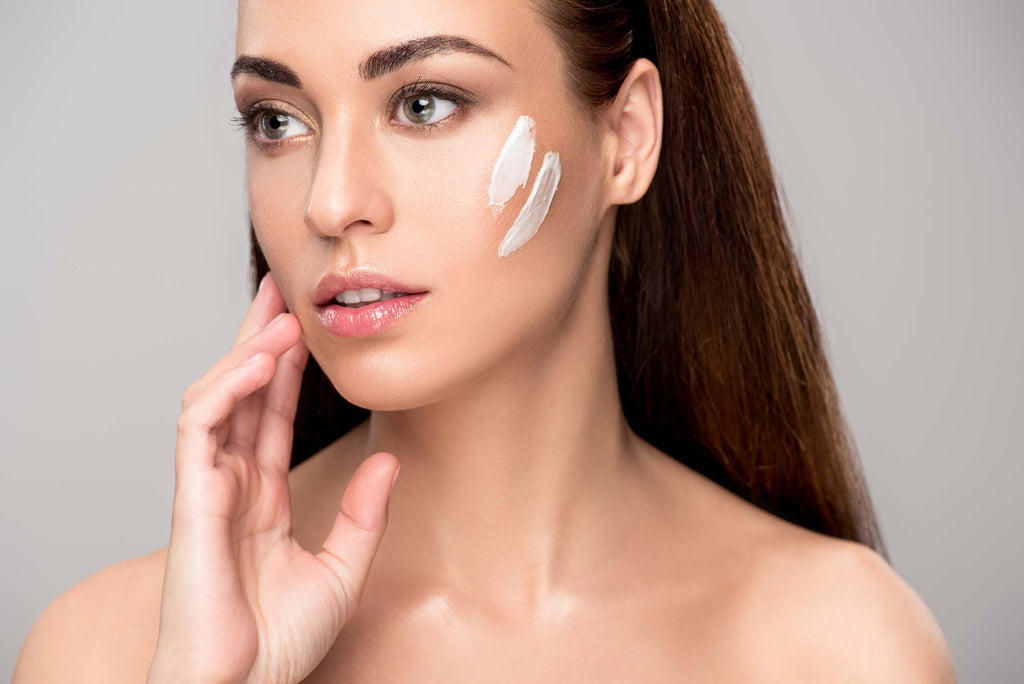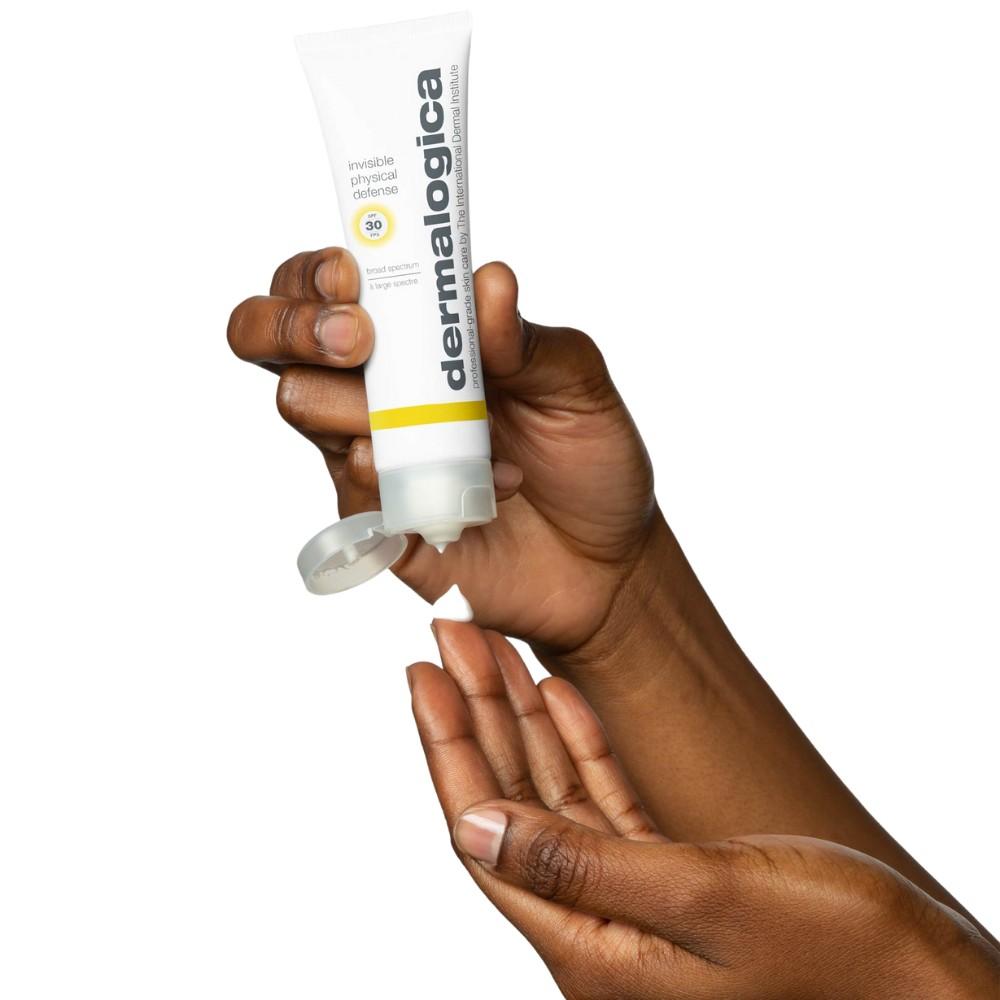SPF Showdown: 15 vs 30 vs 50, Which is Best?
Wearing sunscreen daily is incredibly important to do when it comes to maintaining clear, healthy skin. It doesn’t just help prevent premature ageing - UV rays are the number one cause of early wrinkles, btw - but it can help with other issues such as dullness, dark spots on the skin, and overall skin glow. A high SPF sunscreen for face (and body!) will go a long way when it comes to shielding your skin from the harmful effects of the sun’s rays for youthful, glowing skin.

Why Wear Sunscreen?
While having some sun exposure is essential for our bodies - such as to create ultra-critical vitamin Vitamin D - it’s possible to have too much of a good thing. Too much exposure to the ultraviolet rays can result in the classic signs of sun damage appearing on your skin:
- Premature Loss of Firmness
- Wrinkles Appearing Earlier
- Uneven Pigmentation and Dark Spots
- Enlarged Pores
- Rough, Leathery Skin
Some of these signs of sun damage can be undone with the right skincare ingredients, but for some, prevention is worth more than a cure with a high SPF sunscreen for face used every day. But how do you know how to choose the right one? Is higher SPF sunscreen better? The short answer is that it depends.
 Dermalogica Invisible Physical Defense SPF 30
Dermalogica Invisible Physical Defense SPF 30This mineral sunscreen from Dermalogica protects your skin with zero white cast all day long.
How High Does SPF Go, Anyway?
When it comes to sunscreens and sunblocks, there’s one number you need to pay attention to - the SPF rating. In Australia, you’ll usually see skincare and some makeup labelled with SPF15 all the way to SPF 50. Overseas, you’ll see ratings like SPF80 to SPF100 - but are these incredibly high ratings actually better?
What Does SPF Mean?
SPF stands for “sun protection factor”, and gives you an idea of how long you can spend in the sun without damaging your skin. Without getting too technical, think of it this way: if you’re wearing an SPF 30 sunscreen, you can spend thirty times longer in the sun without getting sunburned or sun-damaged than if you did not have any sunscreen on.
So, hypothetically, if you are someone who burns after 30 minutes in the sun, if you consistently reapply the right amount of SPF 30 sunscreen, you could spend 900 minutes in the sun without burning.
 Declaré Sun Sensitive Anti-Wrinkle Sun Cream SPF 50
Declaré Sun Sensitive Anti-Wrinkle Sun Cream SPF 50
Specially formulated for sensitive skin, this sun cream from Declaré protects your skin from UV rays.
Another way to understand how SPF lends protection is to look at how much of the sun’s rays that they’re able to block out. SPF 30 blocks 97% of ultraviolet rays, while SPF 50 is rated to block out 98%.
I know what you’re wondering - is higher SPF sunscreen better? That’s only one per cent different.
Not always - and that’s for two reasons. It has to do with proper sunscreen application and a little bit of maths!
 Dermalogica Prisma Protect SPF 15
Dermalogica Prisma Protect SPF 15
Protect your skin and prevent hyperpigmentation from darkening with this protective sunscreen from Dermalogica.
Is Higher SPF Always Better?
The reason why Australia doesn’t allow sunscreen labelling over SPF 50 is that it’s been deemed that any SPF over 50 can allow a false sense of security that your skin is more protected, especially when you look at the label and see SPF 100. That sounds like you’re 100% protected from the sun, right?
Unfortunately, no. How we wish that was the case!
Remember how we said SPF 30 blocks 97% of rays, while SPF 50 blocks 98%? The relationship between SPF rating and the percentage of rays blocked is logarithmic, so it only increases by incredibly small amounts as the SPF number increases. In real life usage, this basically means that anything above SPF 50 increases by such a small amount, that you’re better off just sticking to SPF 30 or SPF 50.
 Dermalogica Active Clearing Oil Free Matte SPF 30
Dermalogica Active Clearing Oil Free Matte SPF 30
This lightweight mattifying sunscreen from Dermalogica is perfect for those with oily and combination skin.
And there’s another side to high SPF numbers to consider, too: behavioural studies have found that people are more likely to under-apply sunscreen when using products with a high SPF rating under the impression that they’re more protected. This means that they’re actually leaving their skin more vulnerable to sun damage by under-applying.
The truth is, just SPF 30 is plenty - especially if you’re applying the right amount (which is equivalent to a shot glass for your whole body)!
In comparison to SPF 30, is SPF 50 too high?
Not at all.
Both of these SPF levels are perfect for daily sunscreen protection, as long as you’re applying enough to give your skin the labelled protection!
If you’re still trying to find the perfect skincare products that’ll help you reach your skin goals, try our skin analysis quiz!
Products Mentioned:


